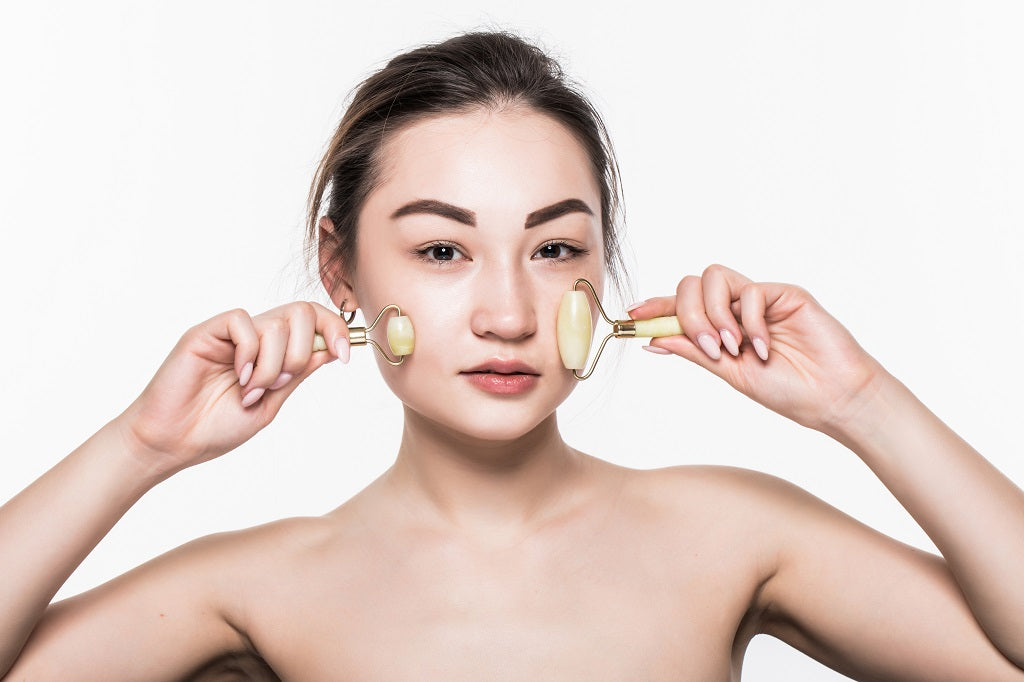You can be dressed from top to toe in your best attire, but bad breath can ruin all of that. We breeze through our oral hygiene routine every morning, but just brushing doesn’t make the cut, there is more to it, and we are here to discuss just that. Here is a lowdown on how to get rid of bad breath.
How To Remove Bad Breath?
Although bad breath (halitosis) is not a pleasant experience, it's something we all have experienced. Breath mints might not be the right solution for everyone. Foul breath is a signal that your wellness routine needs to be adjusted. It can be caused by bad food choices or your toothbrush not reaching all areas of your mouth where bacteria can thrive. We will be discussing expert tips on how to remove bad breath.
Also Read : 15 Helpful Home Remedies for Bad Breath
Below mentioned are some expert-recommended bad breath remedies.
1. Maintain Good Oral Hygiene
Poor oral hygiene can be the main reason for bad breath. The buildup of bacteria and plaque occurs when you fail to brush, rinse, and floss regularly and properly. The buildup of plaque on our teeth, which is composed of odorous bacteria, causes bad breath. Experts recommend brushing twice a day for 2 minutes. All the food particles stuck on your teeth should be brushed out with your toothbrush, reaching the inner corners of your mouth.
2. Maintain Proper Order For Better Oral Hygiene
If you want to maintain good breath, the order in which you perform your brushing routine can make a big difference. Start by brushing your teeth first. This will get all food particles and debris which is stuck in between the crevices out. While flossing is important, you shouldn't skip brushing. Remember to remove the interdental plague by flossing as this is the area where plaque tends to form. Make short, quick strokes across, up, and down a tooth at a time - but don't scrub back and forth. If you want to feel extra fresh, flossing before and after brushing is suggested. Our experts suggest flossing after every meal to get rid of leftover food particles in the mouth. You can also try the oil pulling method to eliminate bad breath-causing bacteria.
3. Scrape Your Tongue
Scrape your tongue regularly to keep your breath fresh. The bacteria causing bad breath thrives on your tongue, so clean your tongue regularly with a scraper to get rid of any bacteria. The natural antibacterial properties of copper make copper scrapers a good choice.
4. Avoid Fried, Sugary Foods
As per studies, halitosis is caused by incorrect digestion within the stomach. This is caused by heat and cold trapped within the digestive tract which can cause food to almost spoil. Therefore, it is important to limit your intake of fried food. Sugary food promotes bacterial growth and must be avoided.
5. Avoid Food With Sulphur
Apart from poor oral hygiene, diet can also be the main cause of halitosis. Bad breath can be caused by eating foods high in volatile sulfur compounds. Onions and garlic are food with high sulfur content. The plaque in your mouth may also trap sulfur compounds, making it more difficult to eliminate them.
6. Clear Your Sinuses
As per a study, the post nasal drip can react with the bacteria in the mouth to cause bad breath. It is suggested to clear your sinuses to prevent mouth odour.
7. Hydrate
A dry mouth can be a breeding ground for bacteria. Hence it is vital to keep yourself hydrated. Drink an adequate amount of water throughout the day to keep your mouth hydrated. For those with chronic dry mouth, the dentist may prescribe artificial saliva.
Proper hydration is vital for maintaining saliva flow, which facilitates good oral hygiene. The flow of saliva is important for preventing tooth decay, gum disease, and bad breath. Saliva is rich in minerals that help keep gums hydrated and provide protection from acidic foods and bacteria. Minerals in saliva can help us repair our teeth at night.
Effective DIYs For Bad Breath
You can fight bad breath with the items easily available in your kitchen cabinet. In this section, we will be sharing some effective DIYs for bad breath.
1. Use Warm Salt Water Rinse
Gargling with salt water can stop bad breath. Mix half a teaspoon of table salt to 8 ounces of warm water. Swish it around your mouth for 30 secs. Then, spit it out. Repeat the procedure if required.
2. Take A Bite Of Cloves
Cloves can kill bacteria that cause cavities and freshen your breath instantly. You can simply eat or chew a few cloves every day. Avoid using powdered or clove oil as it can cause burns.
ANVEYA INDONESIAN CLOVE OIL, 100% Pure, 15ML
- Widely used to relieve TOOTHACHE & BAD BREATH
- Use for skin care, especially to fight against ACNE
- Anti-ageing effects by reducing the appearance of WRINKLES & SAGGING SKIN
- Hair health fights FUNGAL INFECTIONS
Also Read : Embarrassed By Bad Breath Here's How Clove Oil Can Help You
3. Apple Cider Vinegar
Bad breath can be eliminated instantly using apple cider vinegar (ACV). Mix a good amount of ACV into a glass of water. Spit it out after swishing it around in your mouth for 30 seconds.
4. Tea Tree Oil
Tea tree oil is known for its anti-bacterial and anti-inflammatory properties. It can be used in a variety of ways to eliminate bad breath.
- You can make a tea tree oil mouth wash by adding a few drops of tea tree oil to 1 glass of water. Store it in a container and use it as a mouthwash after brushing or after meals.
- Add a drop of tea tree oil to your toothpaste while brushing for that splash of freshness in your mouth.
After trying out these bad breath remedies and DIYs for bad breath, if bad breath persists you should visit a dentist.
Also Read :
Bedazzle Everyone With Your Sparkling Smile 8 Tips To Maintain Your Pearly Whites
ANVEYA AUSTRALIAN TEA TREE OIL, 100% PURE, 15ML
- Works on ACNE, SCARS & PIGMENTATION due to its antibacterial and anti-inflammatory properties
- Application in treating SKIN, NAIL & TOE INFECTIONS
- Great for HAIR. Fights against DANDRUFF with its antifungal properties
- Diffuse for fresh & CLEAN HOME
Disclaimer: All the content on anveya.com/blogs is solely for information. It is not intended to be a substitute for professional medical advice, diagnosis or treatment. Always seek the advice of your physician or a qualified health care provider. The information, suggestion or remedies mentioned on this site are provided without warranty of any kind, whether express or implied.





